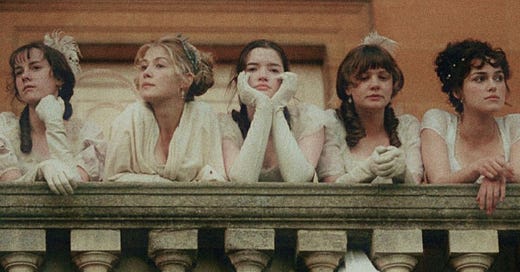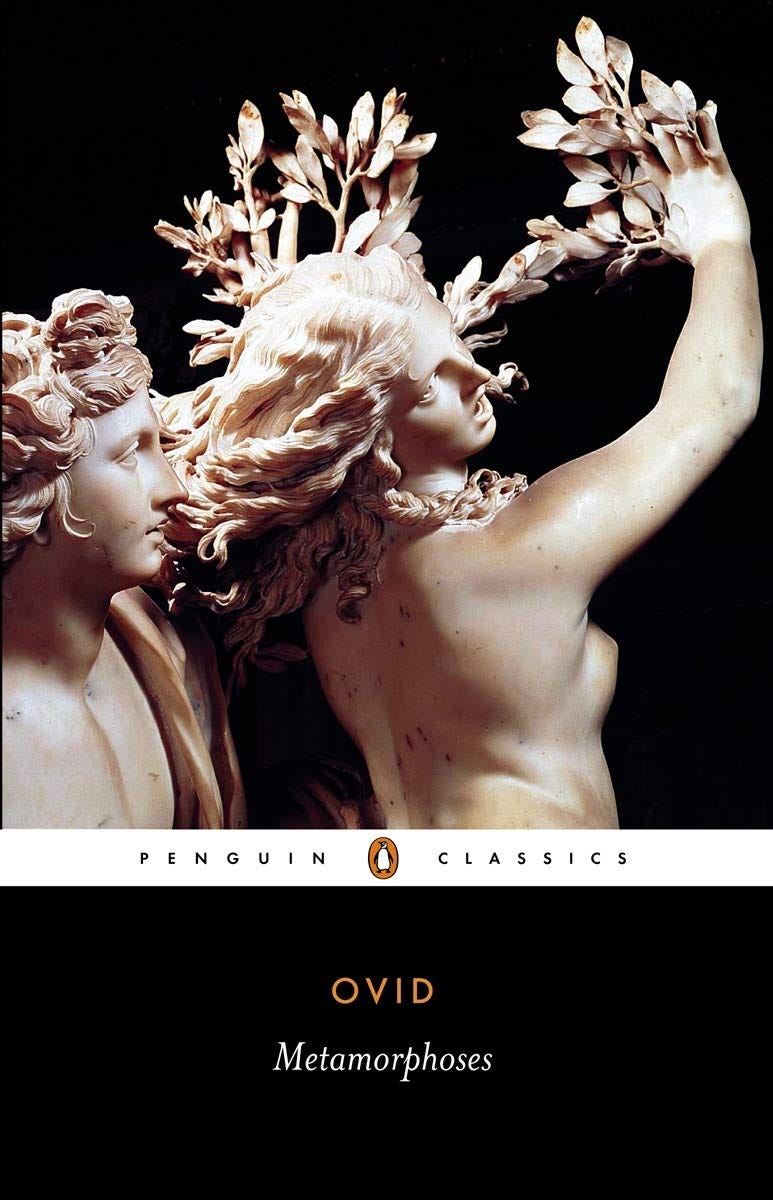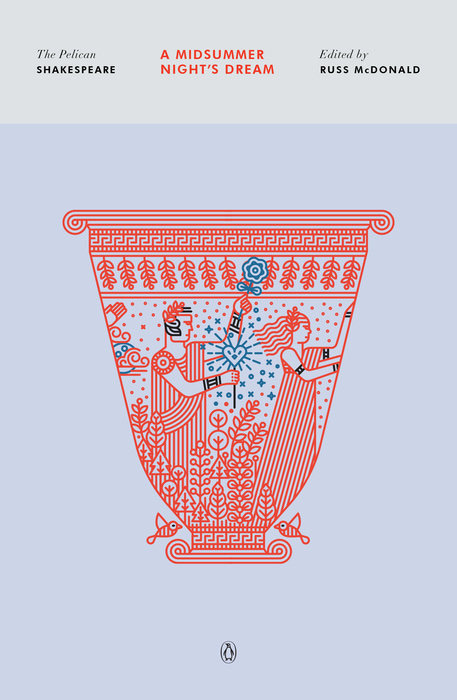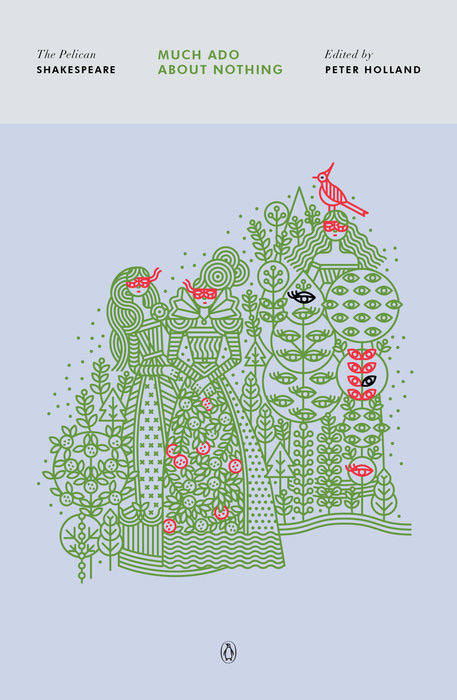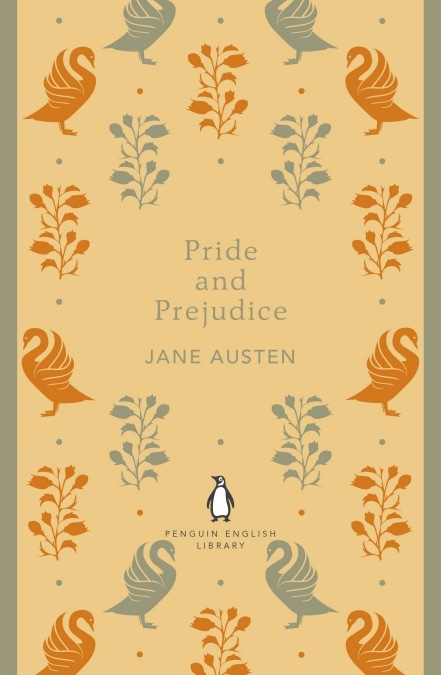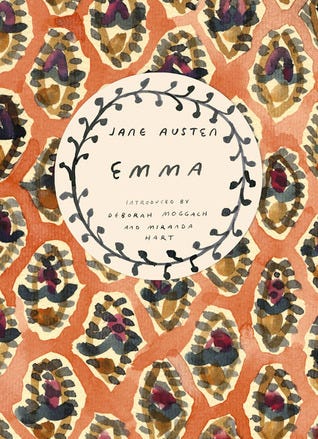love stories through the ages, part 1
some book recommendations for my favorite sub-genre (literary fiction about relationships)
Happy belated Valentine’s Day, and welcome to a new book recommendations series!
While I am not a big romantic and tend to be very cynical when it comes to romance, I do love well-written stories and novels about love and relationships. Here is my big list of literary fiction books about romance that I enjoyed, and books that are on my immediate to-read list (that are highly recommended by my friends, so I have no doubt that I will enjoy and love).
These books are not ‘romance’ books, but rather novels about love, marriage, and relationships—good, romantic, bad, messy, toxic, insane, nostalgic. They range from Austen classics to contemporary fiction! After all, we have been writing about love for a very long time.
This is a continuation of my Instagram post, and the list is organized by date of publication. This is part 1 of the series: books published before 1900.
You’ll need to view this on the app or site because the email gets cut off!
“Eurydice, dying now a second time, uttered no complaint against her husband. What was there to complain of, but that she had been loved?”
In Metamophoses, Ovid brings together a dazzling array of mythological tales, ingeniously linked by the idea of transformation—often as a result of love or lust—where men and women find themselves magically changed into new and sometimes extraordinary beings. Beginning with the creation of the world and ending with the deification of Augustus, Ovid interweaves many of the best-known myths and legends of ancient Greece and Rome, including Daedalus and Icarus, Pyramus and Thisbe, Pygmalion, Perseus and Andromeda, and the fall of Troy.
A Midsummer Night’s Dream by William Shakespeare (1595)
“I’ll follow thee and make a heaven of hell, to die upon the hand I love so well.”
Demetrius and Lysander both want Hermia but she only has eyes for Lysander. Bad news is, Hermia's father wants Demetrius for a son-in-law. On the outside is Helena, whose unreturned love burns hot for Demetrius. Hermia and Lysander plan to flee from the city under cover of darkness but are pursued by an enraged Demetrius (who is himself pursued by an enraptured Helena). In the forest, unbeknownst to the mortals, Oberon and Titania (King and Queen of the faeries) are having a spat over a servant boy.
The plot twists up when Oberon's head mischief-maker, Puck, runs loose with a flower which causes people to fall in love with the first thing they see upon waking. Throw in a group of labourers preparing a play for the Duke's wedding (one of whom is given a donkey's head and Titania for a lover by Puck) and the complications become fantastically funny.
Much Ado About Nothing by William Shakespeare (1598)
“‘I can see he's not in your good books,' said the messenger.
'No, and if he were I would burn my library.’”
In Much Ado About Nothing, Shakespeare includes two quite different stories of romantic love. Hero and Claudio fall in love almost at first sight, but an outsider, Don John, strikes out at their happiness. Beatrice and Benedick are kept apart by pride and mutual antagonism until others decide to play Cupid.
Evelina by Frances Burney (1778)
“Why he's a poet, you know, so he may live upon learning.”
In this comic and sharply incisive satire of excess and affectation, beautiful young Evelina falls victim to the rakish advances of Sir Clement Willoughby on her entrance to the world of fashionable London. Colliding with the manners and customs of a society she doesn't understand, she finds herself without hope that she should ever deserve the attention of the man she loves.
Pride and Prejudice by Jane Austen (1813)
“You are too generous to trifle with me. If your feelings are still what they were last April, tell me so at once. My affections and wishes are unchanged; but one word from you will silence me on this subject for ever.”
When Elizabeth Bennet first meets eligible bachelor Fitzwilliam Darcy, she thinks him arrogant and conceited; he is indifferent to her good looks and lively mind. When she later discovers that Darcy has involved himself in the troubled relationship between his friend Bingley and her beloved sister Jane, she is determined to dislike him more than ever. In the sparkling comedy of manners that follows, Jane Austen shows the folly of judging by first impressions and superbly evokes the friendships, gossip and snobberies of provincial middle-class life.
“I may have lost my heart, but not my self-control.”
Emma is young, rich and independent. She has decided not to get married and instead spends her time organising her acquaintances' love affairs. Her plans for the matrimonial success of her new friend Harriet, however, lead her into complications that ultimately test her own detachment from the world of romance.


